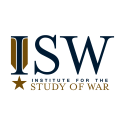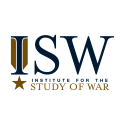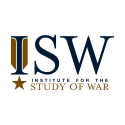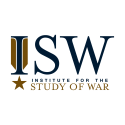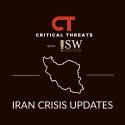Ukrainian forces reportedly reached the east (left) bank of the Dnipro River across from Kherson City. The Ukrainian “Carlson” volunteer special air intelligence unit posted footage on December 3 of Ukrainian servicemen traversing the Dnipro River in boats, reaching a wooden marina-like structure on the east bank, and raising a Ukrainian flag on a tower toward near the shore. Special Unit “Carlson” reported that this is the first instance of a Ukrainian flag flying over the east bank of the Dnipro River and emphasized this operation will provide a springboard for subsequent Ukrainian operations on the east bank. If confirmed, this limited Ukrainian incursion onto the east bank could open avenues for Ukrainian forces to begin to operate on the east bank. As ISW has previously reported, observed Russian fortifications on the left bank indicate Russian forces are anticipating Ukrainian offensive actions on the east bank and have been constructing defensive lines south of the Dnipro River. The establishment of positions along the eastern riverbank will likely set conditions for future Ukrainian offensive operations into occupied Kherson Oblast, if Ukrainian troops choose to pursue this line of advance in the south.
